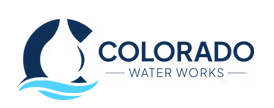Backflow Testing Denver: Compliance and Water Safety Solutions
Water contamination from backflow incidents poses serious health risks to Denver’s drinking water supply, making regular backflow testing essential for protecting public health. Whether you own commercial property, manage residential complexes, or operate industrial facilities in Denver, understanding backflow prevention requirements can save you from costly fines, service disconnections, and potential liability issues. Backflow prevention devices must be tested annually to comply with Denver Water regulations.
Colorado Water Works maintains strict compliance standards for backflow prevention assemblies, requiring annual testing by certified professionals to ensure these critical devices function properly. Backflow is a plumbing term that refers to the reversal of water flow in a plumbing system, which can allow contaminants to enter the potable water supply. There are a few reasons why backflow incidents can go undetected or pose significant risks, including lack of visible signs and infrequent inspections. This comprehensive guide covers everything Denver property owners need to know about backflow testing requirements, costs, processes, and compliance deadlines.
24 Hour Emergency Service Available
Signs Your Home Needs Backflow Testing In Denver
Water discoloration, unusual taste, or foul odors indicate potential contamination from backflow incidents requiring immediate attention. These warning signs suggest that contaminants may have entered the potable water supply through cross connections or failed backflow prevention devices.
Sudden water pressure drops or fluctuations may signal backflow device malfunction, particularly if they coincide with operation of irrigation systems, fire suppression equipment, or industrial processes. These pressure changes can create conditions that allow reverse flow into the main water supply.
Cloudy or turbid water appearance suggests cross-contamination in the plumbing system, potentially indicating that backflow preventers are not maintaining proper separation between potable and non-potable water sources. This condition requires prompt investigation and testing to identify the contamination source.
The annual testing deadline approaching (April 15th for Denver Water customers) serves as the primary reminder for most property owners. Proactive scheduling prevents last-minute rushes and ensures compliance with Denver Water’s cross connection control program requirements.
Recent installation of irrigation systems, fire sprinklers, or boiler connections requires new backflow devices and immediate testing to verify proper installation and operation. These systems create potential cross connections that must be protected with appropriate backflow prevention assemblies.
Denver Backflow Testing Process and Certification
01
Device Isolation & Preparation
Certified testers begin by isolating the backflow prevention assembly to ensure accurate testing. They connect specialized gauges and test equipment to the device according to manufacturer specifications and regulatory standards.
02
Component Functionality Testing
Testers systematically evaluate each component of the assembly. This includes checking the relief valve operation, verifying shut-off valve functionality, and assessing overall assembly integrity through standardized procedures.
03
Pressure Differential Measurement
Using pressure gauges, testers measure pressure differentials across the device. They confirm that check valves close properly under reverse pressure conditions and that relief valves discharge at the correct pressure thresholds.
04
Certification & Training Verification
Testers must hold current Colorado certification, obtained through state health department training programs. This certification ensures they are knowledgeable about proper testing procedures, safety protocols, and reporting requirements specific to Denver’s water system.
05
Reporting Test Results
Within 10 days of completing the test, certified testers submit detailed electronic reports to Denver Water’s Cross-Connection Control Program. Reports include measurements, device condition assessments, and recommendations for repairs or replacements if necessary.
06
Addressing Failed Devices
If a device fails testing, immediate repair or replacement is required. Property owners must coordinate with certified professionals to resolve issues and schedule retesting to maintain compliance and uninterrupted water service.
Common Backflow Testing Failures and Solutions
Relief valve leakage represents one of the most common failures, requiring valve replacement or assembly rebuild by certified technicians. This issue often results from debris accumulation, worn seals, or damage from freezing temperatures in outdoor installations.
Inadequate pressure differential indicates internal component wear or debris buildup that prevents proper operation of check valves or relief mechanisms. These problems typically require disassembly, cleaning, and replacement of worn components to restore proper functioning.
Shut-off valve problems prevent proper isolation during testing procedures, making accurate assessment impossible. Faulty shut-off valves must be repaired or replaced before testing can proceed, as they’re essential for safe and effective device evaluation.
Assembly installation issues such as improper orientation or inadequate clearance for testing access create ongoing maintenance challenges. These problems may require repositioning devices or modifying surrounding structures to meet testing and maintenance requirements.
Frozen or damaged devices from winter weather exposure require repair or replacement before testing can verify proper operation. Denver’s climate makes winter protection essential for outdoor backflow prevention assemblies. Call Colorado Water Works today for all backflow testing Denver residents can trust.
Contact Colorado Water Works for Expert Backflow Testing
Ensuring the safety and integrity of your property's water supply is vital, and regular backflow testing is a key part of that process. Colorado Water Works offers expert backflow testing services in Denver, performed by certified professionals who understand local regulations and the importance of protecting the potable water supply. Whether you need testing, repair, or installation of backflow prevention assemblies, our experienced team is ready to help you maintain compliance and safeguard your water system. Contact Colorado Water Works today to schedule your backflow testing and ensure your water remains clean and safe for everyone.

